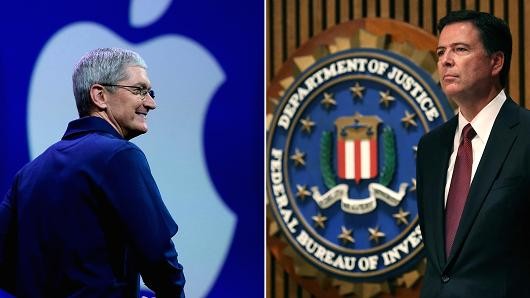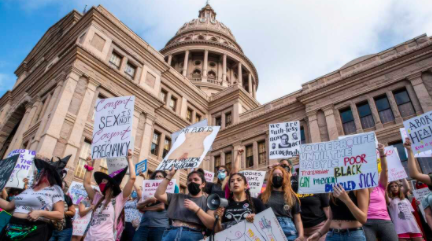
On February 16, a federal court issued an order that tech-giant Apple should assist the Federal Bureau of Investigation in unlocking the iPhone of Syed Farook, one of the people involved in the San Bernardino, California attack that left 14 killed and over 20 wounded.
Apple responded to the court order saying it would challenge the request. Apple’s response has reignited a longstanding debate over how the government and technology companies should balance the need for user privacy and homeland security.
The Federal Bureau of Investigation (F.B.I.) is interested in looking at the iPhone of Syed Farook to determine if he and his wife communicated with the Islamic State prior to the shooting. Because the phone is locked by a standard Apple passcode, the agency cannot access the information inside. The F.B.I. is essentially requesting that Apple help them by building software that would bypass privacy encryptions and security restrictions on the phone. The agency has stated that this would be a one-time request and not something that would become routine.
Apple is extremely reluctant to help the feds, claiming that it would set a precedent for the F.B.I. and other agencies to do this again in the future. Apple is concerned that the government will use this ruling to justify further requests for security bypasses for their company and others such as Google and Facebook. Additionally, Apple CEO Tim Cook has expressed serious concern that if a program designed to bypass their security system was either leaked or put into the wrong hands, millions of iOS users would be subject to a major security risk.
Influential and popular voices have recently been taking sides on this issue. Apple CEO Tim Cook voiced his concern by saying that the government cannot force a company to hack its users. Cook has received support from the CEOs of Google, Twitter, and Facebook, who all agree that this would create a precedent for the government to demand similar services from other companies in the future.
Whistle blower Edward Snowden, a former National Security Agency contractor who revealed a data-collecting program that involved tech companies such as Google and Facebook, came out in strong support of Apple and Tim Cook. Apple said that the F.B.I. was requesting them to create a “backdoor” into the iPhone, similar rhetoric to Edward Snowden’s when he claimed the government had “backdoors” into many tech-giants’ servers that held customer data.
Donald Trump on the other hand said that creating this backdoor is a matter of security and common sense, and he shares the views of many in government who say security is paramount in this situation. This ongoing debate highlights the difficulty we have in the 21st century of finding a balance between the needs of online privacy in a digital age and national security during a time of rising terrorism.













































